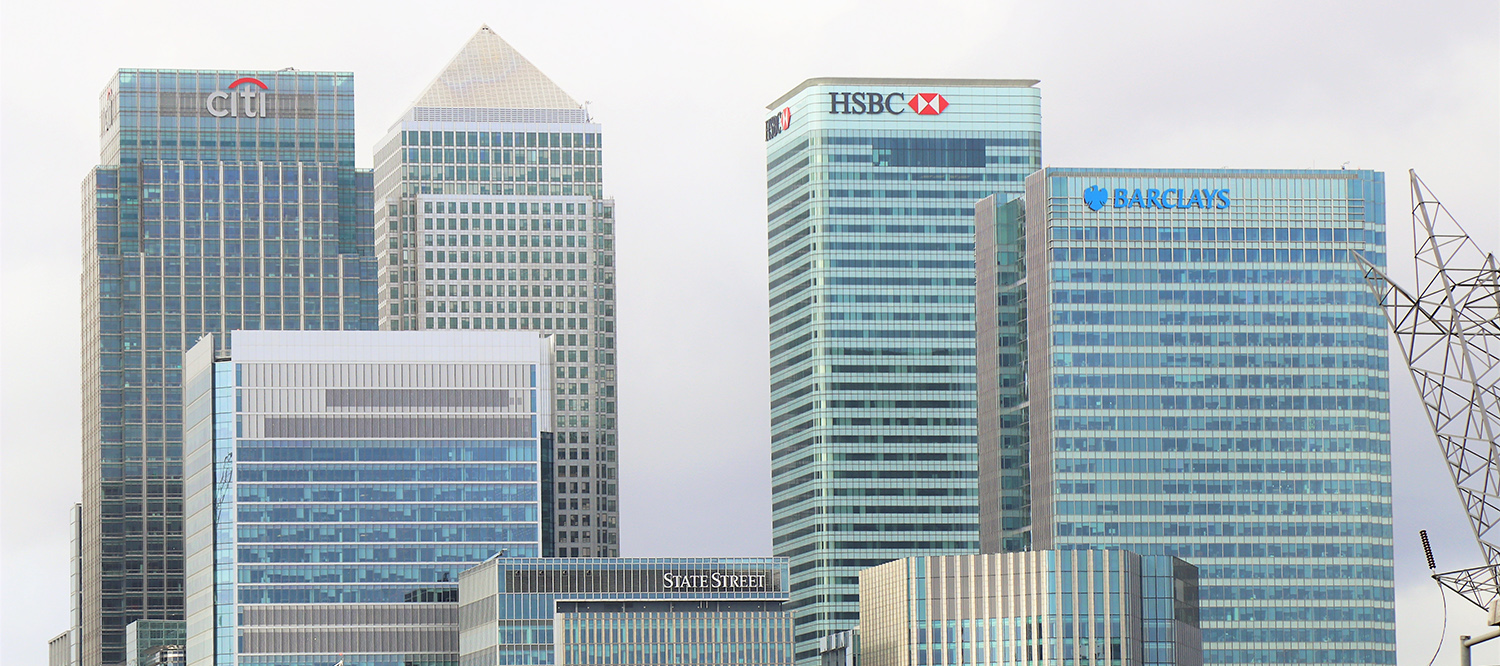Take a quick glance at the UK’s fintech scene and it’s hard not to feel excited. There are over 1600 fintech firms in the UK, according to the government and estimates suggest this will double by 2030.
The UK’s fintech adoption rate is 42% towering over the global 33% average, and over three-quarters of incumbent financial services firms expect to increase FinTech partnerships in the next three to five years.
What’s going on? It’s a complex trend – but underlying it is a thirst for a new way of doing things. For quite a while, many individuals and businesses in the UK were excluded from the financial system.
A bank account is something many of us take for granted. The contents of our accounts might create differing emotions – ranging from satisfaction to deep anxiety – but to just not have an account is almost unthinkable.
In so far as we can picture a person not having a bank account in the UK, the popular conception is one of a Luddite who stores their money under the floorboards. We certainly don’t imagine people who would want an account but can’t get one.
And yet, that’s the reality for 1.2 million working adults in the UK. The so-called unbanked fall into three main categories: migrants, those without proof of a UK address, and individuals with poor credit histories.
The finance caste system
The banking caste system doesn't end at individuals though. Many businesses remain underserved and, we would argue, underbanked. Although businesses won’t struggle to open current accounts, many do struggle to access all of the financial products they need to grow.
This has, in effect, created two totally separate financial service landscapes in the UK. On one hand, there’s a business elite who can access adequate, affordable financial products appropriate to their needs. In the other bucket, are SMEs who have their growth ambitions stymied or, worse, end up falling prey to expensive, opportunistic lenders.
But through fintech, there is an enormous opportunity to bring these underbanked businesses in from the cold. Rather than conforming to an existing banking and finance mould that wasn’t designed with SMEs in mind, these businesses will find more suitable partners among fintechs.
The answer to unbanking
The fintech boom has created new business models and cost-efficiencies through the use of new technology. Fintech companies can provide their services to customers from whom banks have traditionally struggled to generate revenue.
For Capitalise, serving businesses shut off from finance and banking isn’t a case of charity or an afterthought – it’s central to our mission and business model. But the challenge doesn’t begin and end with merely serving these businesses.
More than that, the key to addressing financial exclusion is to provide customers with products they both want and can understand. Fundamentally, it’s about choice. Businesses using Capitalise, for example, can easily compare loans and costs from over 100 lenders.
A new era of specialist lenders can not only provide you with the funds your business needs but have a proven track record supporting similar businesses within specific sectors. But at a deeper level, the social dividends generated as a result of providing vital financial services to small business, in particular, are transformative, too.
Compare business loans from over 100 UK lenders.


